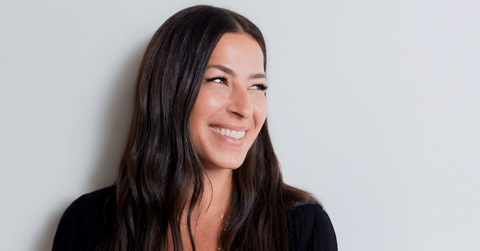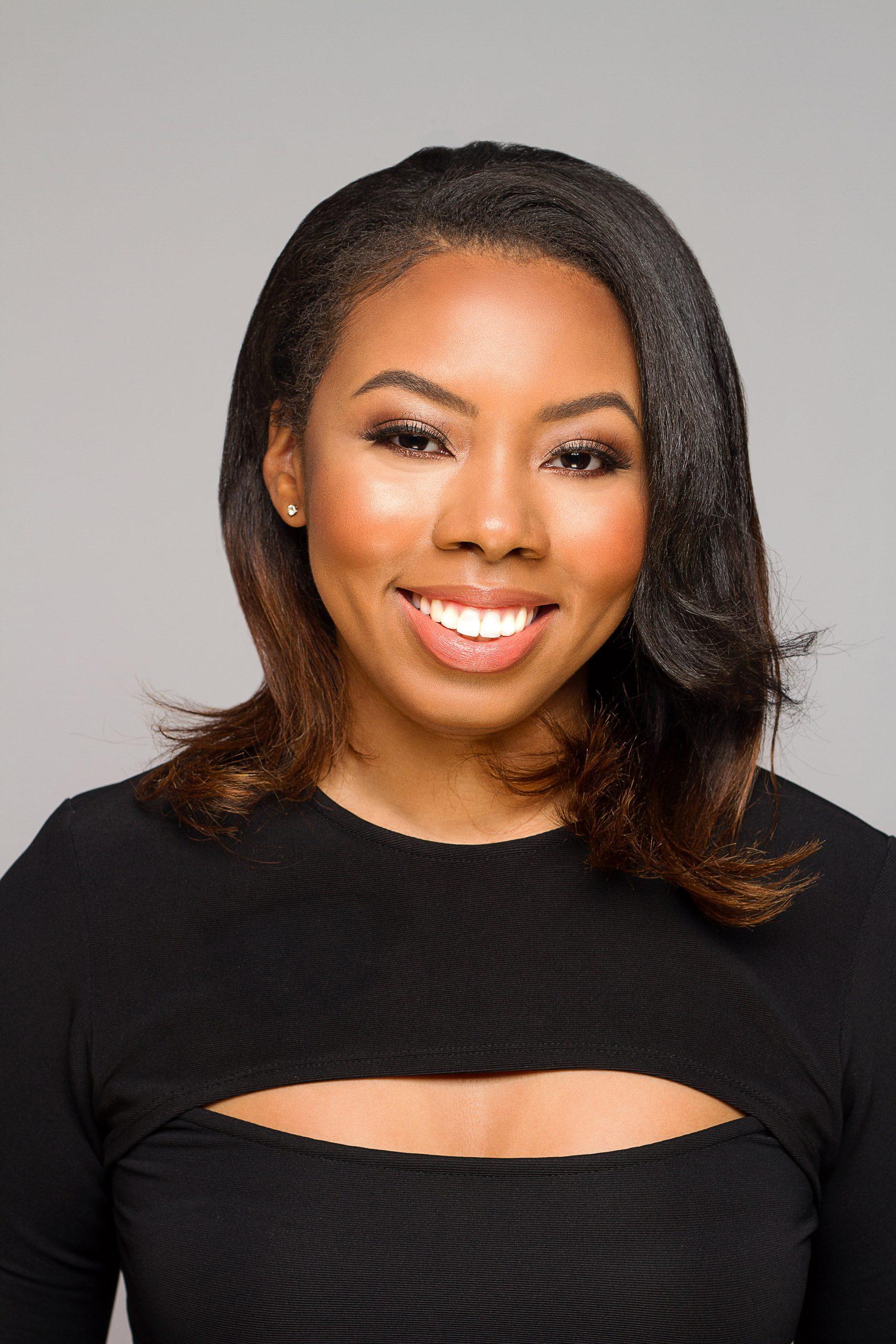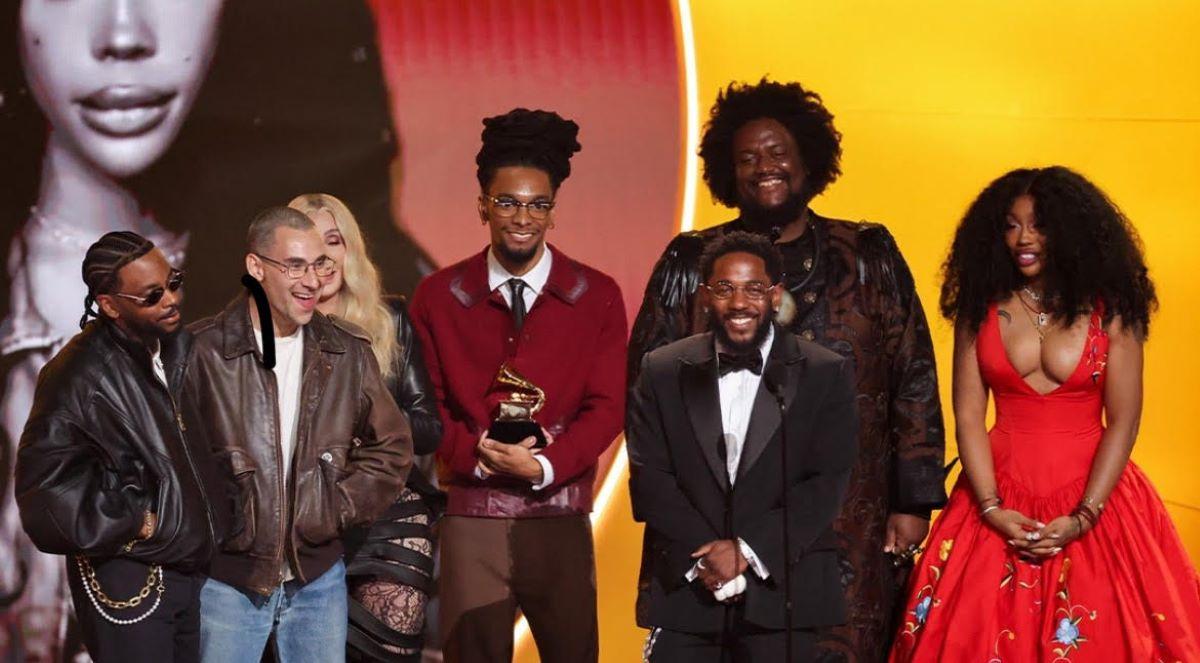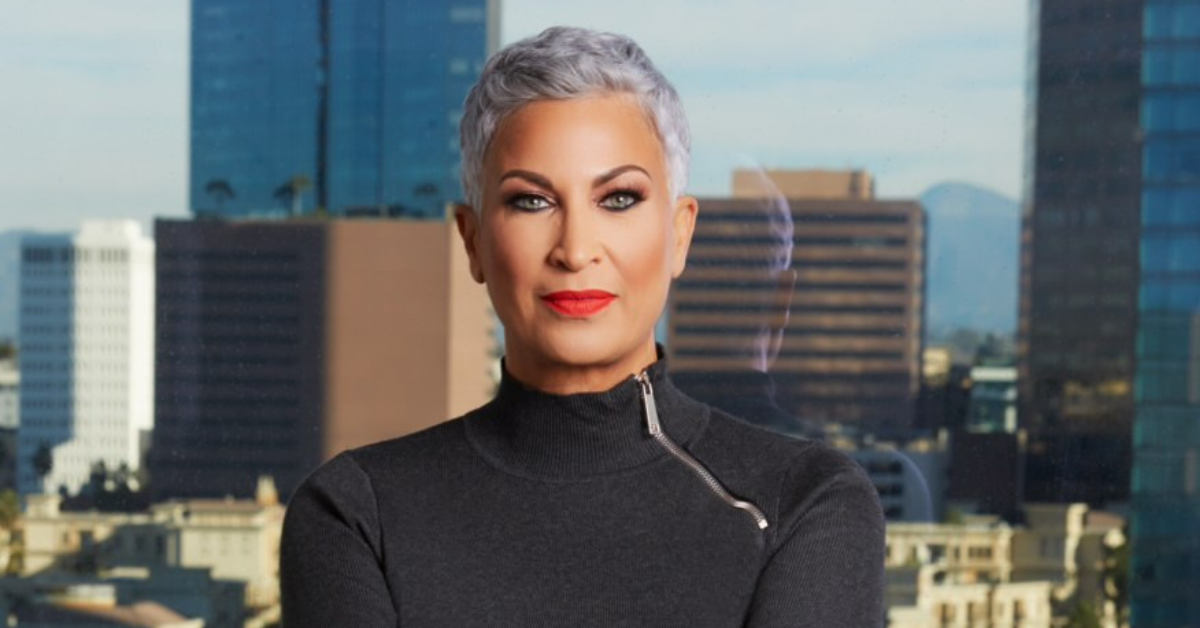As the head of a global fashion brand, with over 900 stores in 5 countries, the name Rebecca Minkoff rings many bells. Some know her more for the designer brand, while others simply connect with the woman behind the brand.
Minkoff built her empire from scratch. But despite the success of her company, Minkoff is very aware of the obstacles women face when growing their business. She faced them herself. That’s why she now works to empower women entrepreneurs through her new initiative, the Female Founder Collective.
During a conversation with Her Agenda, Minkoff shared more about her early days in fashion, struggles as an entrepreneur, the changes she’d like to see for women on the rise, and the mission she’s set out to accomplish through her new collective.
Her Agenda: How did you get your start in fashion?
Rebecca Minkoff: Since I was about 8 years old, I was an avid seller. I went to a performing arts high school where I honed my craft as far as pattern making and design. And I decided not to go to school right away because I had the opportunity to intern with a designer. So I moved to New York at 18 with nowhere to live, shacked up with my friend at Fordham University in his dorm room, and worked for this designer. Luckily, it was a paid internship. About 4 bucks an hour is what I was paid, enough to eat ramen. Then I ended up getting hired by the company, and worked there for three years before I went out on my own, which was not planned. But shortly after 9/11, the CEO said, “You know what you’re doing. You’re fired go do it. I’m here to help if you need anything.” And they kind of pushed me out the door.
-If you want to eat off of your purpose, you have to make sure that purpose is something that can [make] you money.
Her Agenda: What have been some of the hardest parts about entrepreneurship back when you first started and even today?
Rebecca Minkoff: One of the hardest parts that no one realizes when they start to invest their passion is…they might be really good at one thing but to be an entrepreneur, to be a founder and have a business, you really have to get good at a lot of things. You can’t just focus on what you love. You have to focus on building a business, building a brand, and managing people. Fifteen years later, I think it’s like you’re sort of getting your education in a lot of different things as big holes open up and you go ‘I didn’t know I had to know that.’ And then you have to go figure it out.

Her Agenda: You’re also the creator of the Female Founder Collective. Tell me about that. Why did you think it was important to start this?
Rebecca Minkoff: I thought it was important to start it for a couple [of reasons]. The first thing that kept getting said to me that threw me off is ‘You’re a female founder.’ And I just was like ‘If I’m getting this so often. And I’m not just a founder then something’s wrong. There must not be enough of us or enough of us that are visible and being able to show that you can do this if you want to have a company.’ So I think it stems from that.
It also stems from the fact that 3 percent of women get venture capital, and for women of color it’s even less. And I wanted to enable a way for the consumer to go with her dollars and support female-founded companies. It’s really about having an easy way to identify and support women—whether it’s walking by their store, or seeing it on their website, and just being able to support that way. And then also get the power of the community together to help each other.

Her Agenda: And so what are women really getting out of the collective?
Rebecca Minkoff: Basically, I think you can go to a lot of different places and hear panels where it all sounds perfect. But how we’re differentiating ourselves is we’re really focused on education for these founders because like I said you don’t always start your path and know it all. We’re really going to be focusing on the same type of women you’d come to see in a panel, but actually teaching a workshop. Whether it’s about personal brand or marketing or funding, we want to provide them an education that really solves those [pain] points.
Her Agenda: As a woman with a brand targeting women, what role do you think yourself along with other women designers play in influencing the narrative about what women can accomplish?
Rebecca Minkoff: My goal would be to [let women know] if you see it, you can do it. I didn’t come from a trust fund. I essentially had to work for everything I wanted. Nothing was handed on a silver platter and I think for the majority of us, that’s how it is. And if you could just show it and see it, then other people can see it and also be able to do it.

Her Agenda: What kind of changes do you hope to see for new women breaking into the fashion industry? How do you see yourself influencing those changes?
Rebecca Minkoff: I talk a lot about how I came up as an outsider. And so I think that when you look at it that way, anyone can kind of take the road not traveled and achieve what they want. They just have to stay focused and diligent, and driven and not give up. I think too many women give up, or they’re afraid to fail so they never start. So knowing ahead of time, this is going to suck some days or suck a lot of days but I’m going to stay in it.
-You have to figure out how your product or service can be differentiated. What makes you special? What would get the customer to really buy into your value?
Her Agenda: What advice do you have for women really looking to fulfill their purpose?
Rebecca Minkoff: If you want to eat off of your purpose, you have to make sure that purpose is something that can [make] you money. And you have to find your way through the ebbs and flows, and product, and the value proposition, and make sure you actually have something. There’s a girl that I was mentoring and I was like, ‘I think you’re really talented but you’re providing something that no one wants. And you haven’t figured out a way to market to people to get them to think that they want it. And you’re not providing something that’s different that someone can get for less, right?’ You have to figure out how [your product or service can be] differentiated. What makes you special? What would get the customer to really buy into your value?
[Editor’s note: This interview has been edited for length and clarity.]









